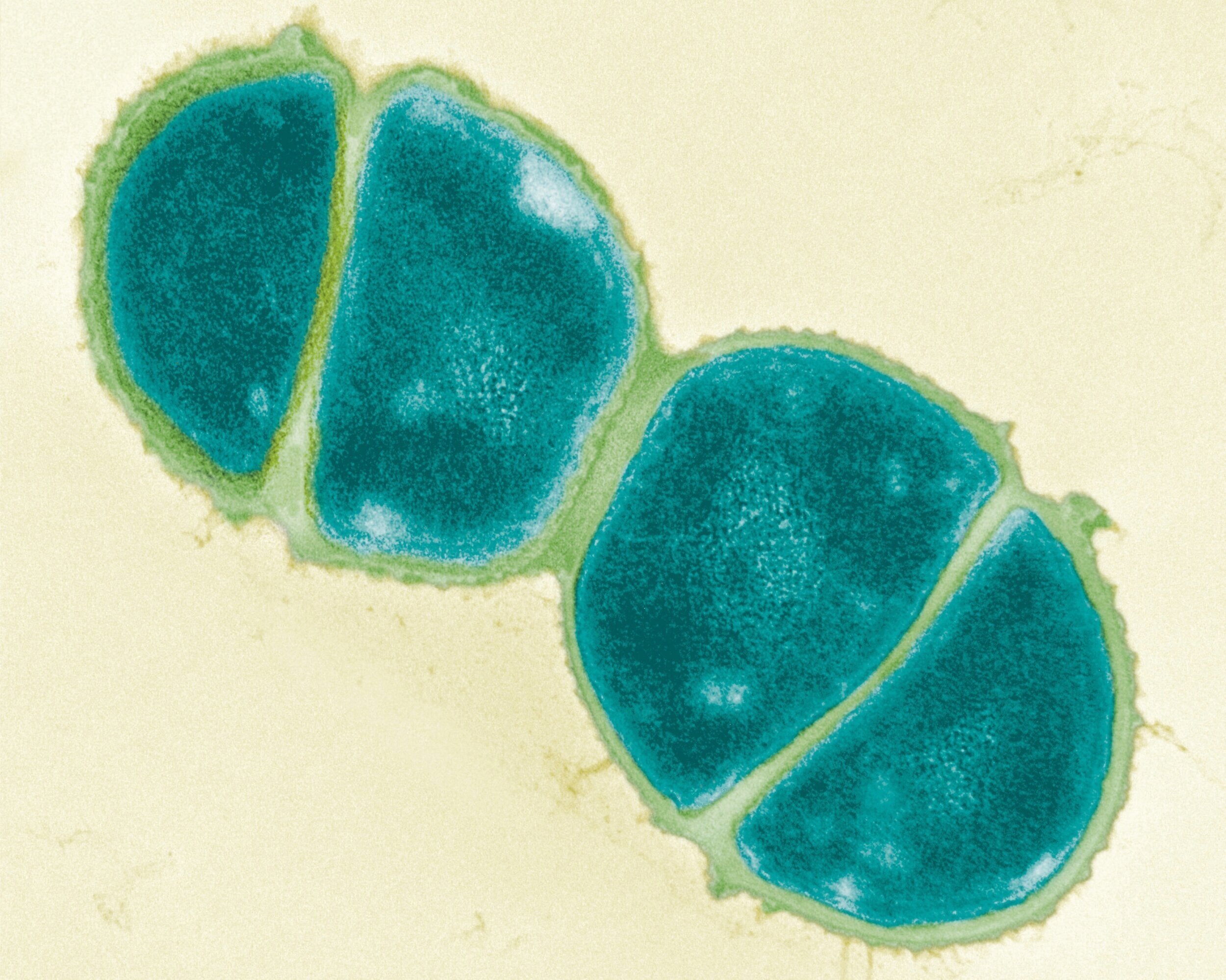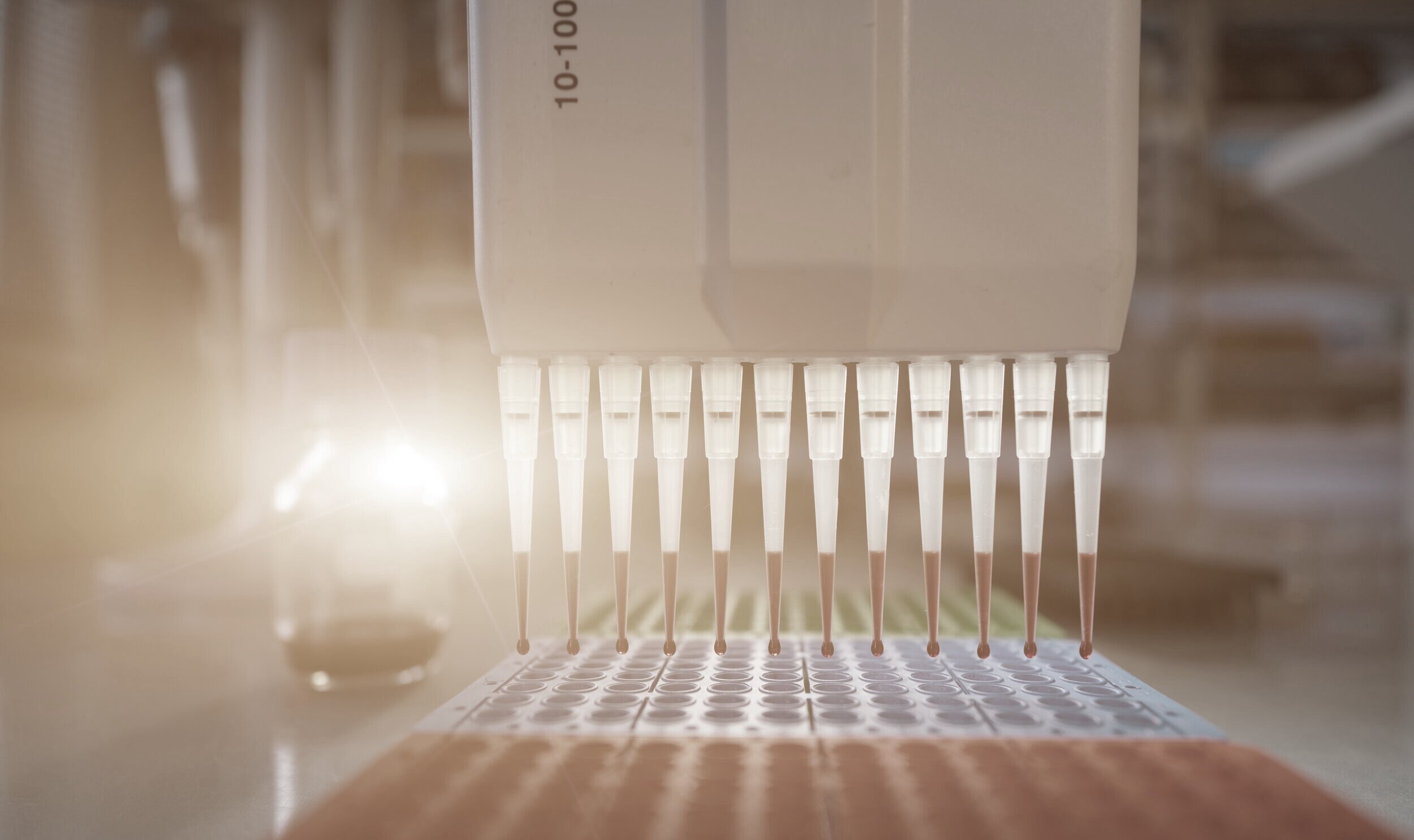
Why do some infections target babies?
This question is at the heart of our research. Of the billions of bacteria that a baby encounters during the first weeks of life, only a select few cause serious infections. While science has revealed some of the reasons that certain bacteria lead to newborn illness while others do not, many unanswered questions remain.
How?

How do certain bacteria escape immune destruction?
Bacteria are not passive cells floating through the world. They are complex organisms with different genetic programs that can be activated by changing environments. The Hooven lab is exploring how normally harmless bacteria can become dangerous pathogens when they sense chemical changes in the body related to pregnancy, birth, and infancy.
What?

What can new technologies teach us?
The Hooven lab is using advanced whole-genome screening and analysis techniques to efficiently answer longstanding questions about the causes of newborn infections. Tn-seq, RNA-seq, and high-throughput screens of mutant libraries allow us to quickly identify new targets for treatment.
Neonatal sepsis
Our scientific work is informed by clinical experience. While much is known about how bacterial bloodstream infections occur in babies, major questions remain unanswered. Those mysteries, together with a commitment to improving the lives of all babies, propel our efforts in the lab.
Prematurity
Infection and prematurity go hand-in-hand. There is a tight link between infection, inflammation, and preterm labor. Cellular and molecular interactions between mothers, fetuses, and bacteria are central to the problem of prematurity. We use novel experimental techniques and cutting-edge technology to untangle these processes.
microbiome
Our bodies are home to vast, diverse populations of bacteria. These colonizing microorganisms play an important role in maintaining health, but also sometimes contribute to disease. The Hooven lab is interested in understanding how colonizing bacteria affect newborn health.
Vaccinology
Antibiotics are lifesaving medications that prevent and treat potentially catostrophic infections, but vaccines offer the potential of more targeted and longer-lasting prevention. An overarching goal of the Hooven lab is to use discoveries about how neonatal infection occurs to inform rational design of new, safe vaccines.
Coordinates
Pittsburgh, PA
The laboratory is in the John G. Rangos, Sr. Research Center at UPMC Children’s Hospital of Pittsburgh. The facility features outstanding core resources, a collaborative community of scientists exploring childhood illness, and proximity to world-class clinical services. The city of Pittsburgh is vibrant, scenic, and welcoming. Rich in history, universities, and natural beauty, Pittsburgh attracts great and curious minds from around the world.
“It is always with excitement that I wake up in the morning wondering what my intuition will toss up to me, like gifts from the sea.”







